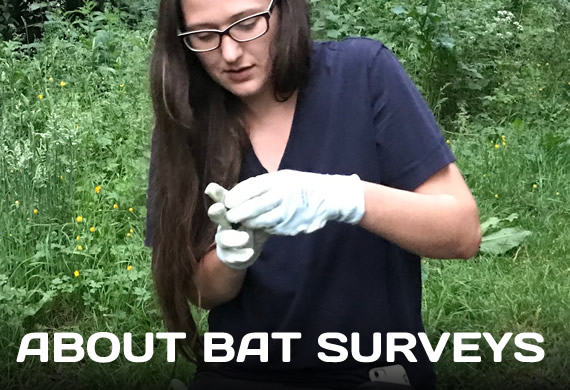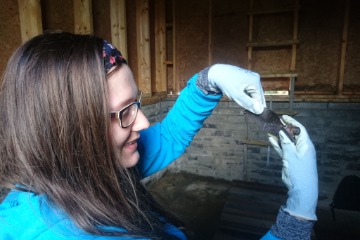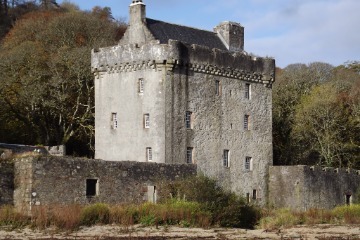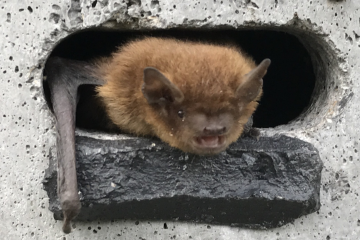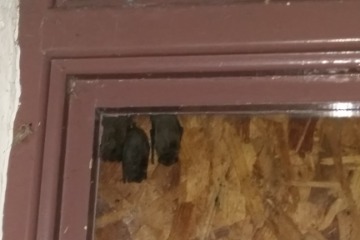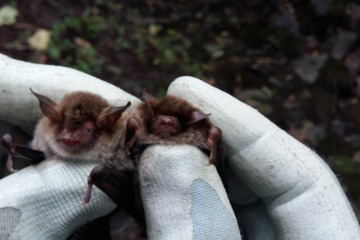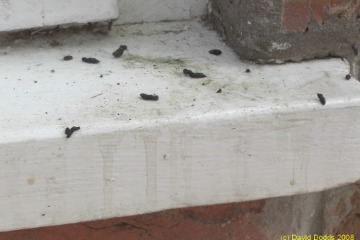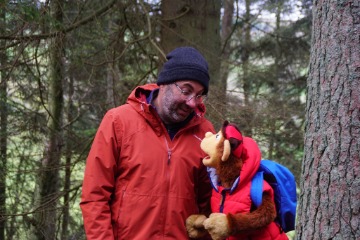Why are Bats Protected?
Why are Bats Protected?
There is significant evidence that all 18 native species of bats in the UK (10 in Scotland) have declined over the last 50 years. There are several explanations for their rapid decrease in numbers:
- Increases in the use of pesticides, decimating the invertebrate populations bats feed on.
- Grubbing up of hedgerows used by bats for foraging
- Loss of woodland used for hunting and roosting
- Timber treatment in attics and other roosting sites with toxic chemicals
Hollywood films have demonised bats for many decades, causing some people to be intolerant of bats and even attempt to harm them. A dark flapping thing in the night sky can seem creepy, but most people, when shown a bat close up, realise that they are simply small furry animals and actually harmless.
Unlike mice and rats bats are very slow to reproduce: in most species each female only have one pup per year. Being a species that lives in insects in a cold northern climate is challenging and many bats don't make it through the annual winter hibernation. This means that if a colony is lost it could take decades for them to recover.
As bats tend to return to the same roosts annually, roosts are protected by the law whether they are inhabited at the time or not. If you are considering carrying out an action that could impact or affect a roosting location, for example roof repairs, timber treatment, building renovation/demolition or removing branches from a mature tree, you should first consider whether a bat survey is required. Bat specialists at David Dodds Associates can give informal advice on what may be necessary and how best to approach it. Be aware that there are seasonal limitations on when bat surveys can take place, so plan as far ahead as possible.

